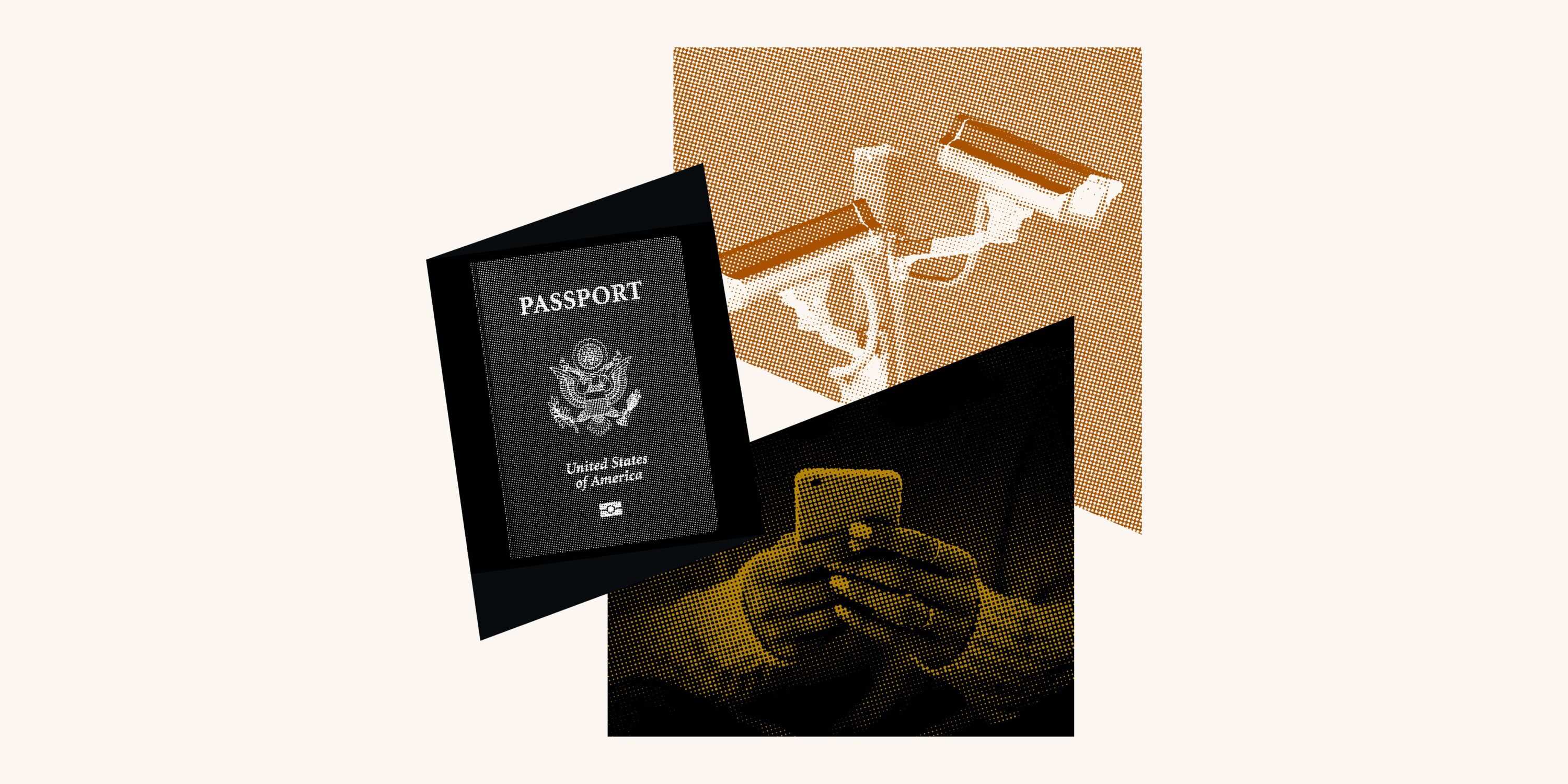Secrecy
The ACLU works in courts, legislatures, and communities to defend and preserve the individual rights and liberties that the Constitution and the laws of the United States guarantee everyone in this country.

The Latest
-


ACLU Asks Supreme Court to Hear Guantánamo Attorney’s Lawsuit Challenging CIA’s Excessive Secrecy
-


Appeals Court Allows CIA to Continue Abusing Glomar Responses to Evade Accountability
-

The CIA's Long and Dangerous History of Refusing to Answer Absurdly Obvious Questions
-


Federal Court Argument on CIA’s Refusal to Confirm or Deny Records About Agency’s “Operational Control” Over Camp VII at Guantánamo
Explore More
What's at Stake
Government secrecy is at odds with basic democratic principles. As the U.S. Supreme Court recognized in 1936, “an informed public is the most potent of all restraints upon misgovernment.”
Yet today, much of our government’s business is conducted in secret. There are a multitude of secret agencies, secret committees of Congress, a secret court, and even secret laws. This sprawling—and growing—secret establishment presents an active threat to individual liberty and undermines the very notion of government of, by, and for the people.
Nowhere is government secrecy more out of control than in the national security context. For almost a decade, the American public has been told time and time again that some of our government’s most controversial national security policies and programs are “secret.” The government has tried to keep us in the dark about the fact that it was secretly spying on all Americans, secretly torturing people, and secretly killing its own citizens on the basis of its secret interpretations of the law.
The ACLU fights for a democracy that is accountable to the public, the courts, and Congress. Secrecy endangers us all, eroding the checks and balances that a healthy democracy requires. As the Court of Appeals for the Sixth Circuit put it in an ACLU challenge to secret court hearings, “Democracies die behind closed doors.”
The ACLU regularly files Freedom of Information Act requests and lawsuits to challenge government secrecy around some of the most important national security questions of our time. A few notable examples include lawsuits:
- Demanding the government release information relating to the legal and factual basis for its use of predator drones to conduct "targeted killings" overseas.
- Seeking information about the targeted killings of three U.S. citizens in Yemen in 2011.
- Relating to the abuse and torture of prisoners in U.S. detention centers overseas. Since that suit was filed in 2003, more than 10,000 pages of government documents have been released. They are easily viewed and searched in the ACLU's Torture Database.
- Seeking the full Senate torture report, the executive summary of which was released in 2014.
- Seeking information about the TSA's "behavioral detection" program.
- Demanding the government release information about its use and interpretation of Patriot Act Section 215.
Government secrecy is at odds with basic democratic principles. As the U.S. Supreme Court recognized in 1936, “an informed public is the most potent of all restraints upon misgovernment.”
Yet today, much of our government’s business is conducted in secret. There are a multitude of secret agencies, secret committees of Congress, a secret court, and even secret laws. This sprawling—and growing—secret establishment presents an active threat to individual liberty and undermines the very notion of government of, by, and for the people.
Nowhere is government secrecy more out of control than in the national security context. For almost a decade, the American public has been told time and time again that some of our government’s most controversial national security policies and programs are “secret.” The government has tried to keep us in the dark about the fact that it was secretly spying on all Americans, secretly torturing people, and secretly killing its own citizens on the basis of its secret interpretations of the law.
The ACLU fights for a democracy that is accountable to the public, the courts, and Congress. Secrecy endangers us all, eroding the checks and balances that a healthy democracy requires. As the Court of Appeals for the Sixth Circuit put it in an ACLU challenge to secret court hearings, “Democracies die behind closed doors.”
The ACLU regularly files Freedom of Information Act requests and lawsuits to challenge government secrecy around some of the most important national security questions of our time. A few notable examples include lawsuits:
- Demanding the government release information relating to the legal and factual basis for its use of predator drones to conduct "targeted killings" overseas.
- Seeking information about the targeted killings of three U.S. citizens in Yemen in 2011.
- Relating to the abuse and torture of prisoners in U.S. detention centers overseas. Since that suit was filed in 2003, more than 10,000 pages of government documents have been released. They are easily viewed and searched in the ACLU's Torture Database.
- Seeking the full Senate torture report, the executive summary of which was released in 2014.
- Seeking information about the TSA's "behavioral detection" program.
- Demanding the government release information about its use and interpretation of Patriot Act Section 215.